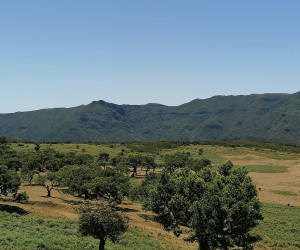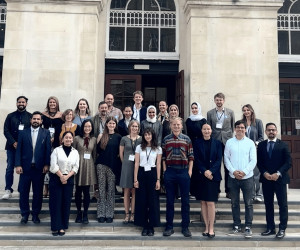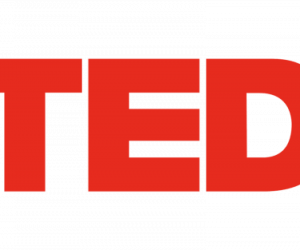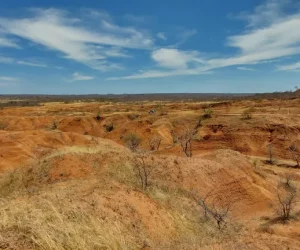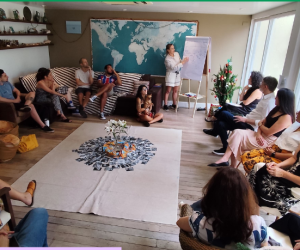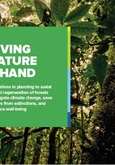-
Biodiversity Conservation
-
Climate change
-
Ecosystem restoration
-
Sustainable development
-
Sustainable Land Use
-
Economic Analysis
-
Policies
-
Spatial intelligence
Biodiversity Conservation
We work with the objective of contributing to the biodiversity conservation in environmental, social and economic aspects.
Climate change
We support decision makers in the climate agenda focused on ecosystem conservation and restoration projects and biodiversity.
Ecosystem restoration
The approaches developed by IIS aim to assist the planning and implementation of vegetation recovery projects, exploring synergies and trade-offs between biodiversity conservation, climate change mitigation and costs, under a variety of scenarios.
Sustainable development
We seek to promote the transition to sustainability, contributing to the balance between socioeconomic development, biodiversity conservation and rational use of natural resources.
Sustainable Land Use
We promote the transition from the traditional agricultural practices to a more sustainable land management, helping to mitigate climate change and guaranteeing the future of the next generations.
Economic Analysis
We seek to strengthen and defend the basic principles of balance between the economy and the environment, favoring research, planning and management in public and private fields, linked to the relationship between ecological, social and economic systems, in order to improve social well-being.
Policies
We assist in the formulation of policies aimed at sustainability, as well as the implementation of practical actions, working in partnership with public sector bodies and other organizations.
Spatial intelligence
Through landscape modeling and monitoring, we identify the patterns and trends of social and ecological systems, supporting decision makers through quantitative statistics and mapped scenarios.

